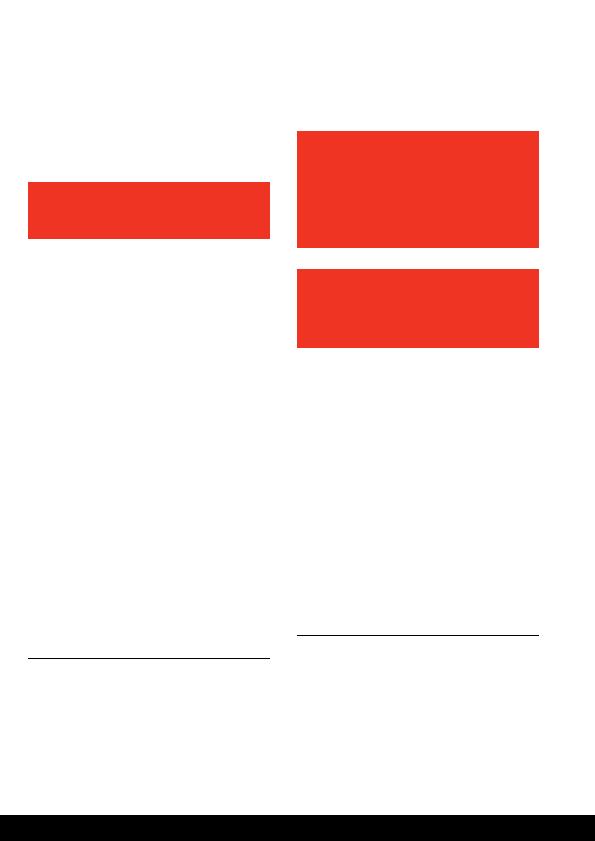
insufficient to meet the needs of Koori women.
In particular, they are unlikely to reflect the
intersection of race and gender which informs
these prisoners' offending and their experience
of prison. Duplicating or tweaking male services
for women prisoners further disadvantages Koori
women, whose prospects for rehabilitation remain
poor as their needs remain unmet.
is what is going to strengthen them to
keep them out.
not enough culturally appropriate prison programs
and services for Koori women.
there is no dedicated Koori mental health worker in
the Victorian prison system, for men or women.
us that many Koori women feel uncomfortable when
accessing mainstream services because these
services are not designed from a cultural standpoint
and do not reflect their cultural needs.
them to avoid mainstream group-based programs.
health needs in prison. That study made a number
of practice recommendations, including:
done in a culturally informed and culturally safe
manner.
competence in working with Koori people... those
responsible for service delivery should take into
account the historical, cultural and environmental
experiences and contemporary circumstances of
Koori people.
See, Nous Group, above n 25; Harry Blagg, `Aboriginal
women and justice', above n 108; Elena Marchetti,
`Indigenous Women and the RCAIDIC Part 1' (2007)
7(1) Indigenous Law Bulletin 6.
State of Victoria, Department of Justice, Justice
Health, `Koori Prisoner Mental Health', above n 7. The
Commission notes that the Marrmak mental health unit
is available at Dame Phyllis Frost Centre. This acute
service is available to Koori and non-Koories.
See for example, Case study 5; key informant interview,
Victorian Aboriginal Legal Service, 15 November 2012;
focus group participant, 6 March 2013.
that impinge on mental health including the
importance of connection to culture, ancestry,
spirituality, land, family and community...
and social and emotional damage
among female prisoners, all Koori
women should undergo a culturally
appropriate mental health assessment
upon incarceration. The assessment
should be used to develop appropriate
care plans for female prisoners.
services are required that address the
underlying distress experienced by
Koori men and women in custody.
sustained due to lack of funding or may stop
and start due to variations in the number of Koori
women in a particular location. Key informants and
Koori women prisoners reiterated that services are
inconsistent.
Prior to that it was last delivered at
DPFC four years ago.
just get discontinued, they need to be
consistent.
to promote a culturally appropriate one-
on-one service. Elizabeth Hoffman House
used to provide this four-and-a-half years
ago... we would like to see this return.
James Ogloff et al, `Koori Prisoner Mental Health',
above n 134' 19. The Commission notes that standard
2.1 of the Justice Health Quality Framework provides
that "Health services promote the employment of
culturally appropriate healthcare staff and the choice
of an Aboriginal and Torres Strait Islander Health
Worker where available". Information provided to the
Commission by Justice Health on 24 July 2013.
State of Victoria, Department of Justice, Justice Health,
`Koori Prisoner Mental Health', above n 7.
415
Focus group participant, 6 March 2013.
Focus group participant, 14 December 2013..
Focus group participant, 6 March 2013.